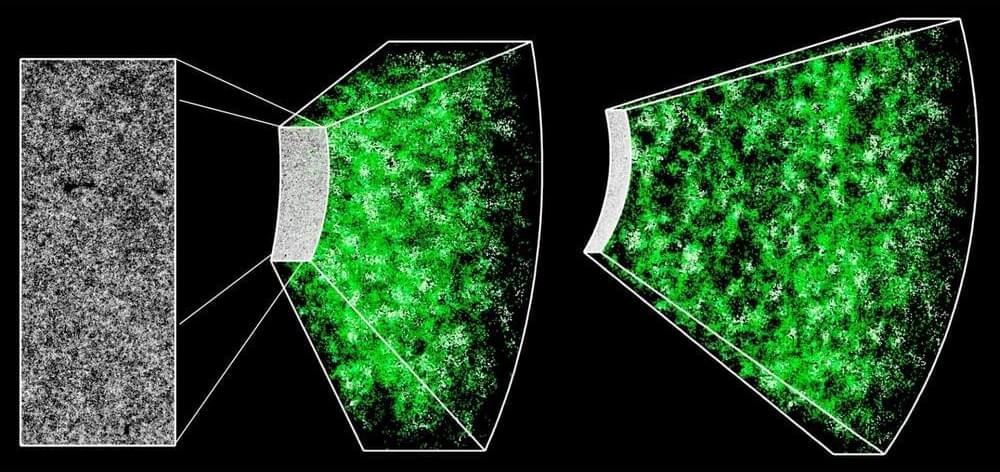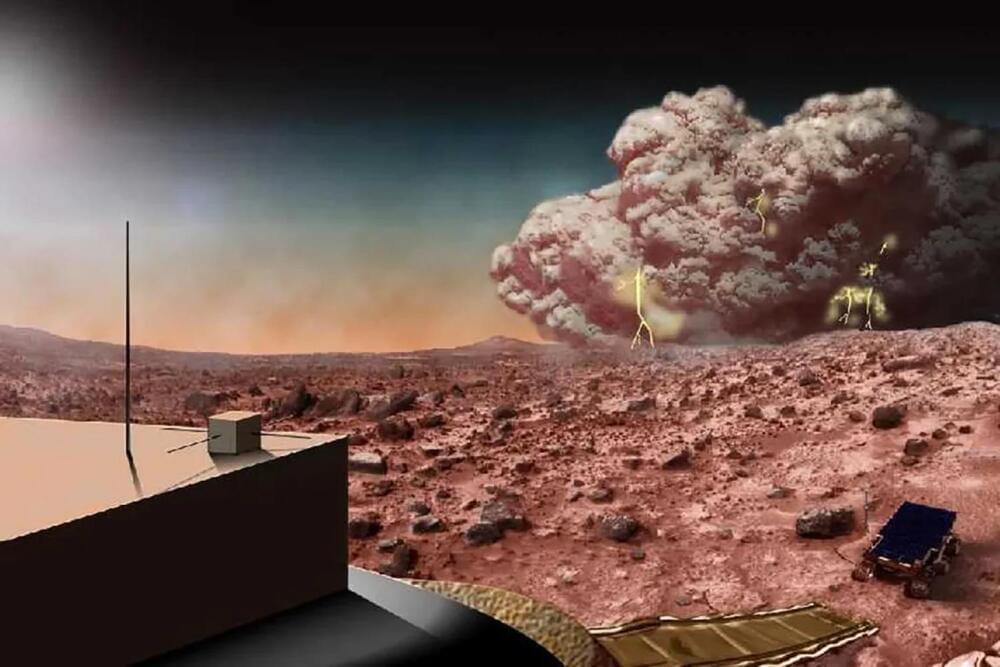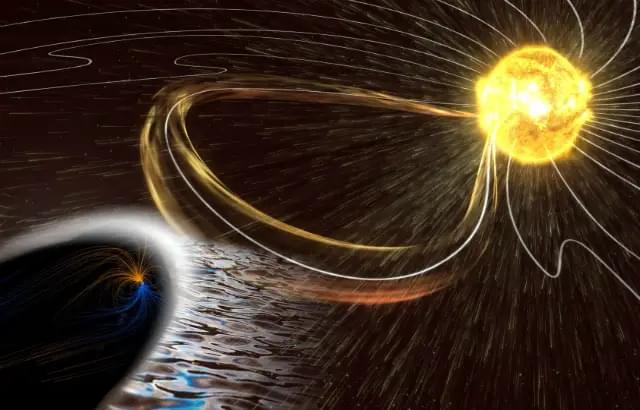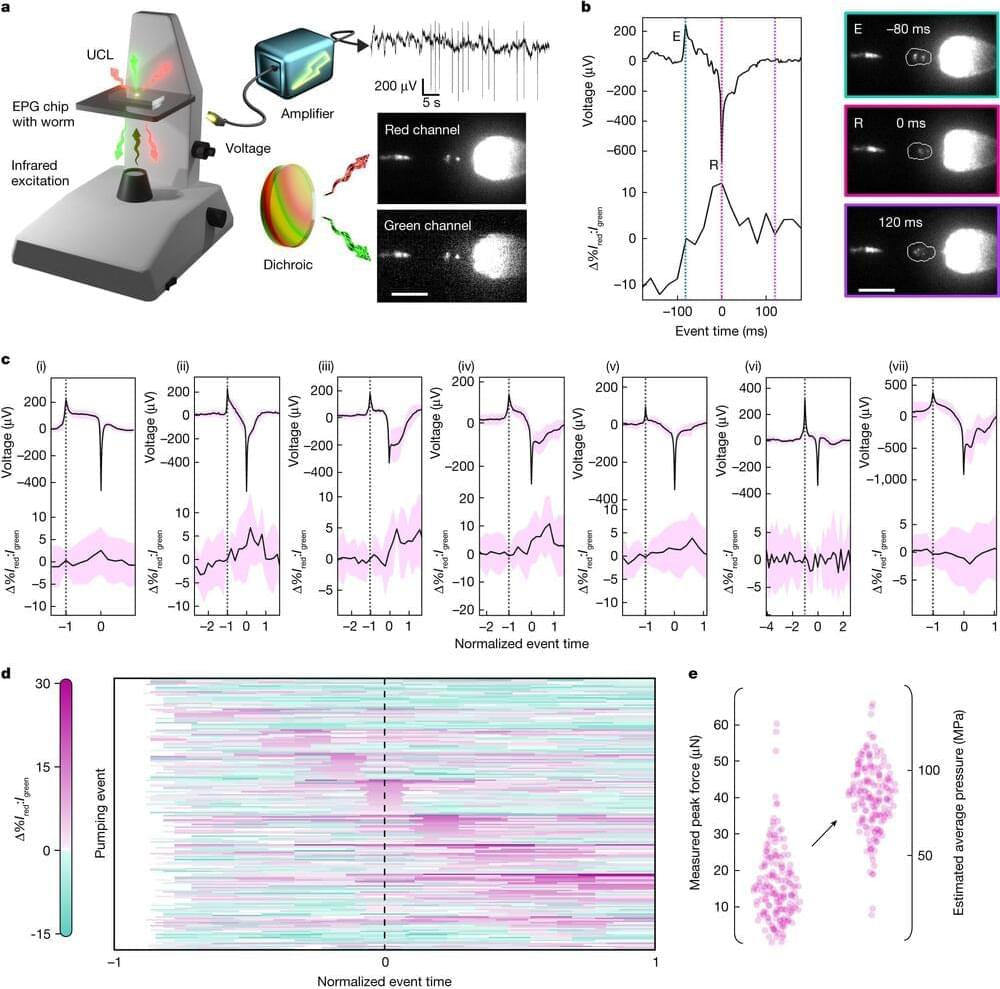A new study in published in Physical Review Letters analyzes the most complete set of galaxy clustering data to test the ΛCDM model, revealing discrepancies in the formation of cosmic structures in the universe, hinting at a new physics.
The ΛCDM model is the standard model of cosmology describing the universe’s evolution, expansion, and structure. It encompasses cold dark matter (CDM), normal matter and radiation, and the cosmological constant (Λ), which accounts for dark energy.
The model has been successful in explaining several cosmological observations, including the large-scale structure of the universe, the accelerating expansion of the universe, and the cosmic microwave background (CMB) radiation, which is the afterglow of the Big Bang.








